AeroGenie — Ваш интеллектуальный второй пилот.
В тренде
Categories
Air India Express Faces Allegations of Forging Maintenance Records
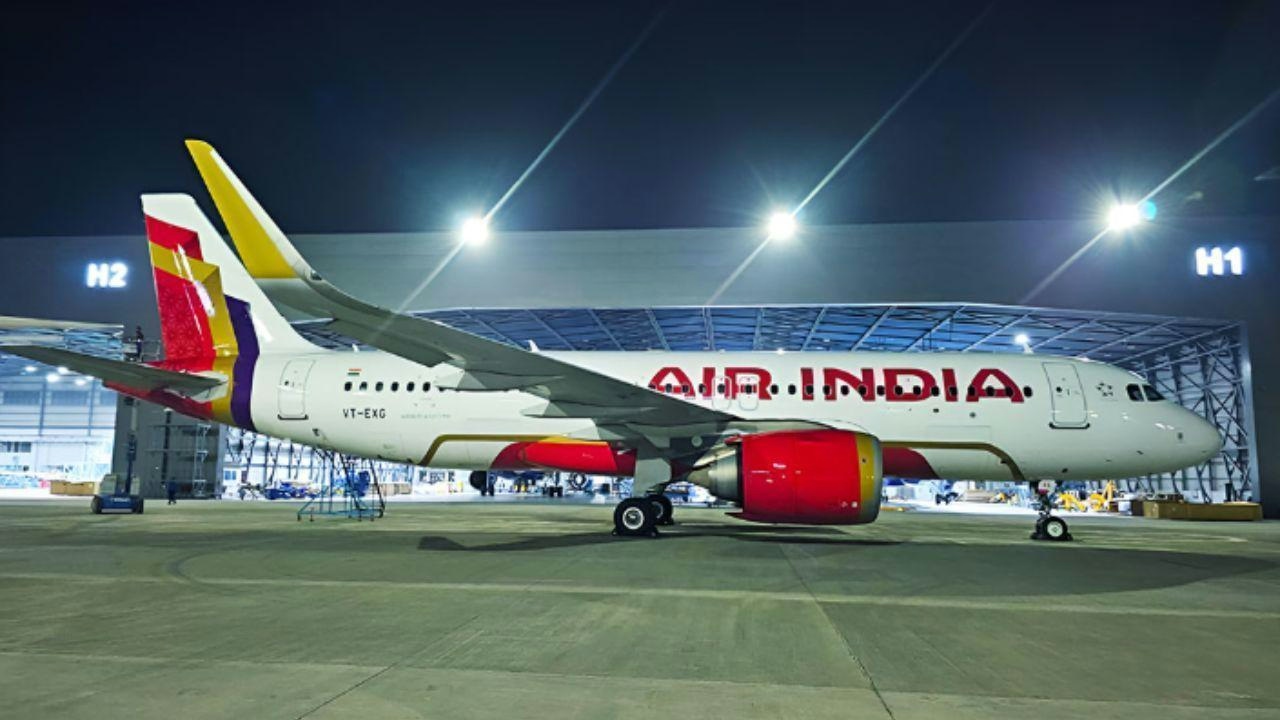
Air India Express Faces Allegations of Forging Maintenance Records Amid Regulatory Investigation
Air India Express is currently under investigation by India’s Directorate General of Civil Aviation (DGCA) following serious allegations of falsifying engine maintenance records and failing to adhere to mandatory airworthiness directives. An internal DGCA memo, obtained by Reuters, revealed that the low-cost carrier was formally reprimanded in May 2025 after discrepancies were uncovered concerning the upkeep of CFM International LEAP-1A engines.
Background of the Allegations
The controversy revolves around a European Union Aviation Safety Agency (EASA) airworthiness directive (AD 2023-0108) issued in May 2023. This directive mandated the replacement of defective engine seals, compressor spools, and high-pressure turbine rotor disks in LEAP-1A engines. Air India Express is accused of not replacing these critical components within the stipulated timeframe and subsequently altering maintenance logs to falsely indicate compliance. The DGCA’s investigation, initiated on March 18, 2025, specifically identified a 2020-built Airbus A320-200N (registration VT-ATD) as having forged records.
In response to the allegations, Air India Express attributed the delay in component replacement to complications arising from the migration of records within its monitoring software. The airline asserted that the necessary parts were replaced promptly once the issue was identified. Following the DGCA’s probe, the carrier dismissed its quality manager and suspended the deputy continuing airworthiness manager.
Regulatory and Industry Implications
EASA, which collaborates with the U.S. Federal Aviation Administration (FAA) in overseeing the design and safety of CFM LEAP engines, announced plans to conduct a further investigation in coordination with CFM and the DGCA. Both the DGCA and Air India Express declined to provide additional comments when approached by ch-aviation.
This incident has intensified regulatory scrutiny of Air India Express, with the potential for fines and extended investigations looming. Industry analysts warn that such allegations could significantly damage the airline’s reputation and adversely affect the stock performance of its parent company, Tata Group. Moreover, competitors may face increased pressure to review and strengthen their own maintenance protocols in response to these revelations.
Recent warnings from aviation regulators have underscored persistent concerns regarding delays in engine repairs and the reliability of maintenance documentation across the sector. According to ch-aviation data, Air India Express operates a fleet that includes twelve A320-200Ns and three A321-200NX aircraft, all equipped with LEAP-1A engines. The airline’s broader fleet also comprises twenty-four A320-200s, forty-nine Boeing 737-8s, and twenty-six Boeing 737-800s.
As the investigation proceeds, Air India Express confronts significant challenges in restoring regulatory confidence and reassuring passengers and stakeholders of its commitment to safety and compliance.
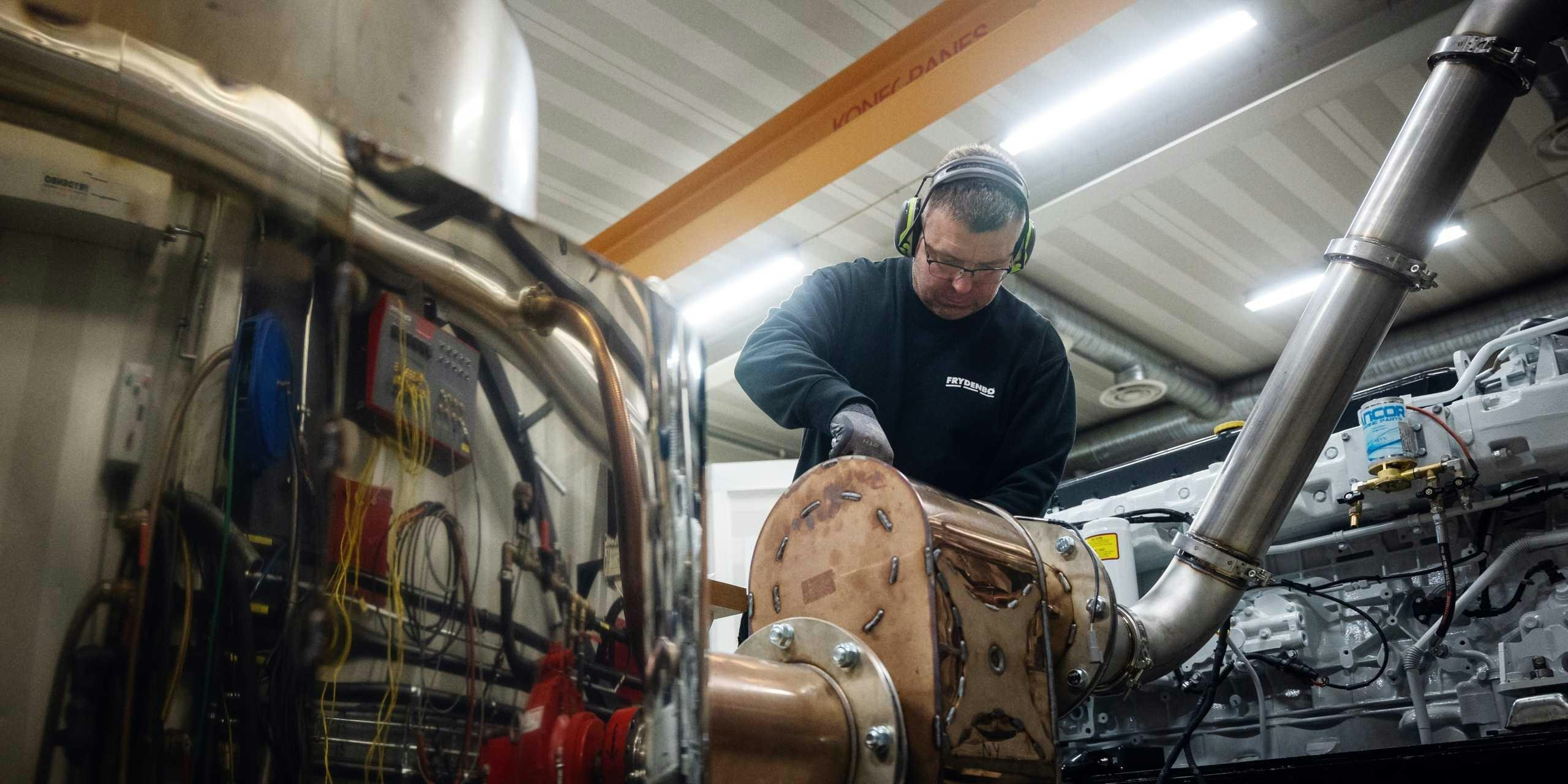
The Role of Argo Turboserve Components in Modern Aviation Engineering
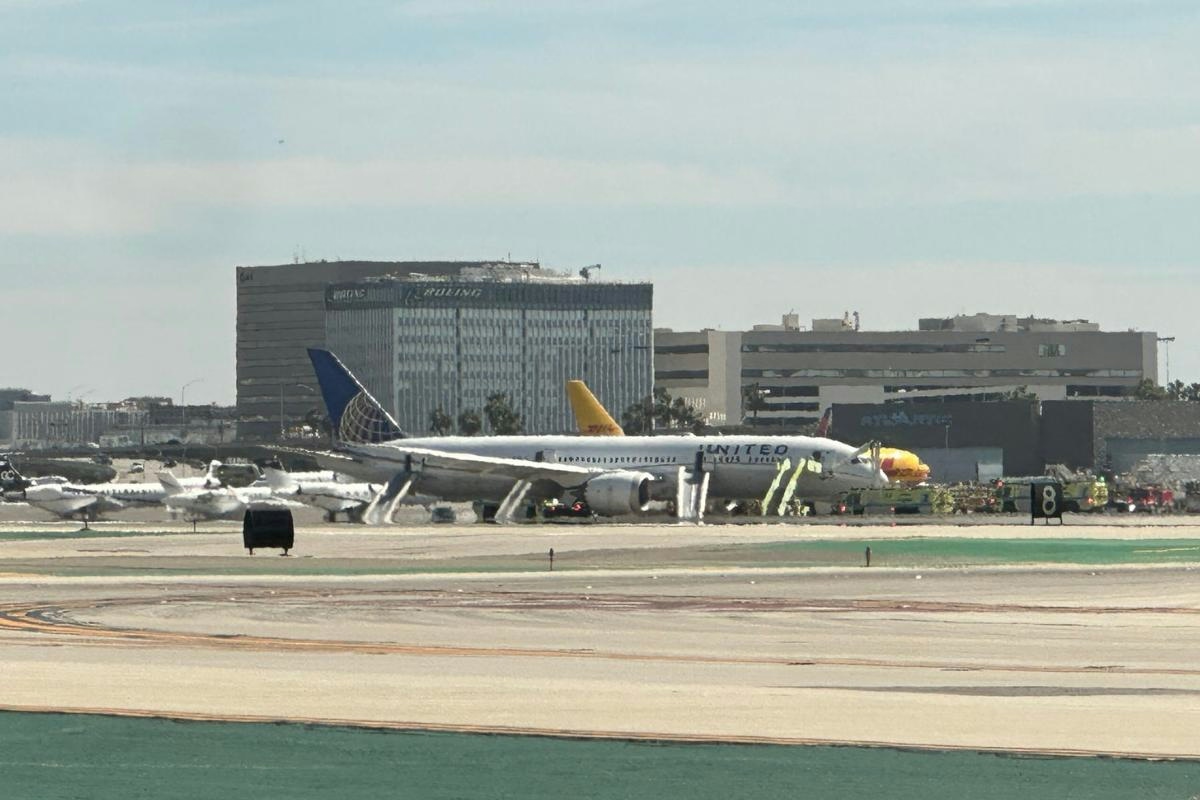
United Airlines flight makes emergency landing in Los Angeles after engine fire

ACHR Achieves FAA Compliance Milestone, Strengthens Liquidity Ahead of 2025 Air Taxi Launch

Transfer from Car to Plane
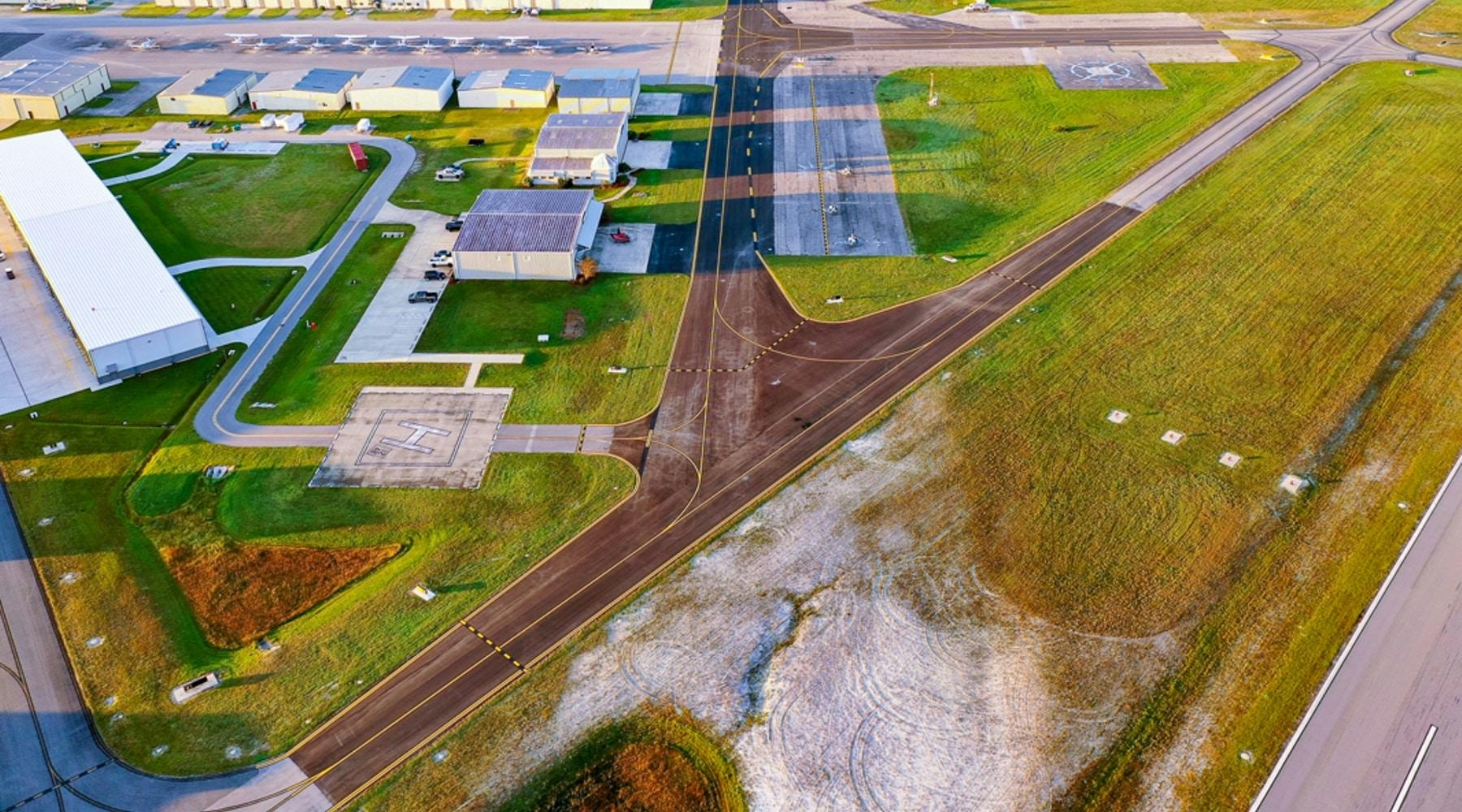
New $4 Million Aviation Complex at Flagler County Airport Will Accommodate Flight Schools
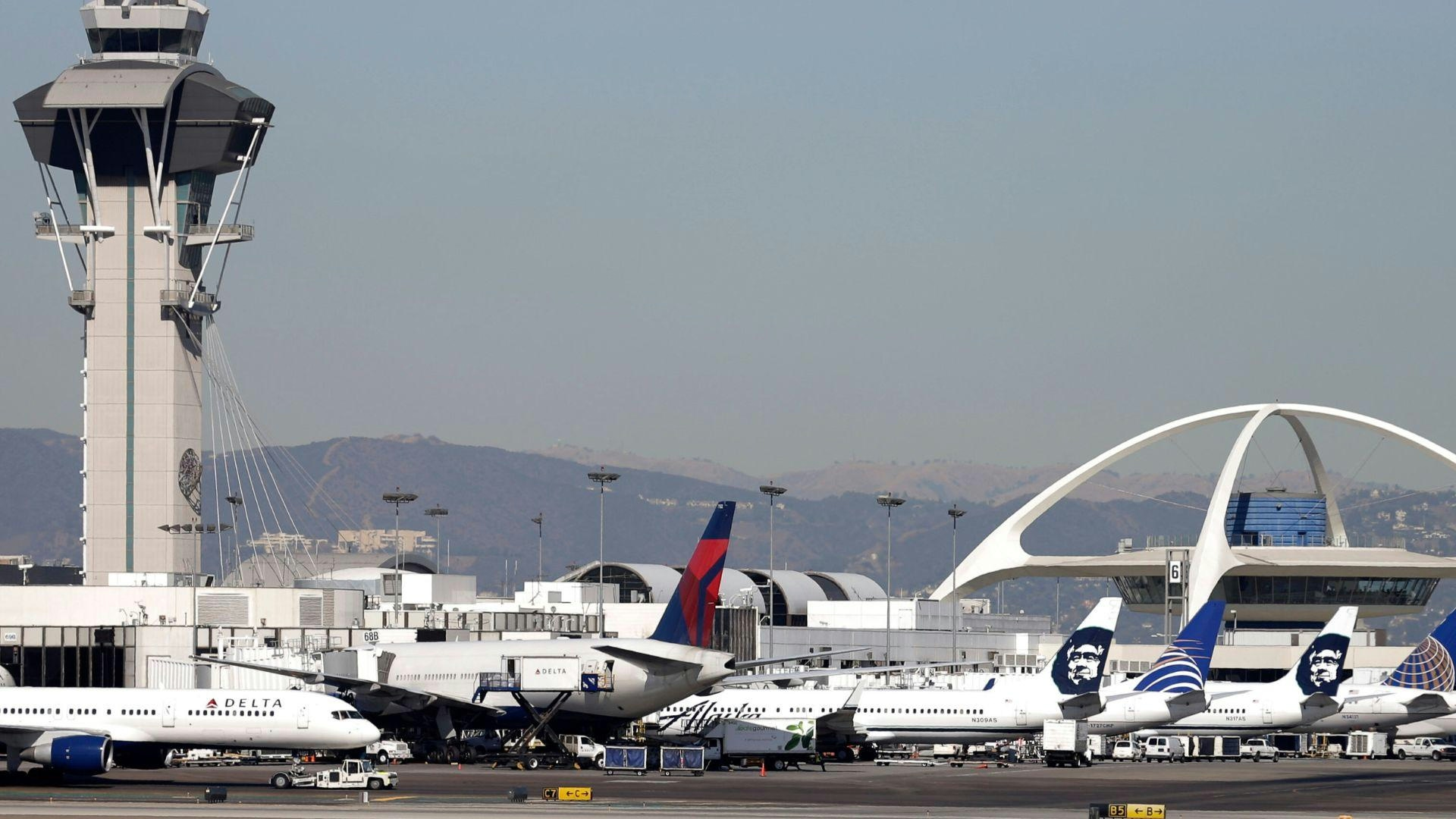
United Airlines Flight to Newark Makes Emergency Landing at LAX

Private Jet Startup Bond Aviation Leases Office Space in Meatpacking District

Why British Airways Chose the Airbus A380

Akwa Ibom Expands Aviation Sector with Delivery of Two Airbuses

1946 Cessna 140 Preserved as a Time Capsule Aircraft
